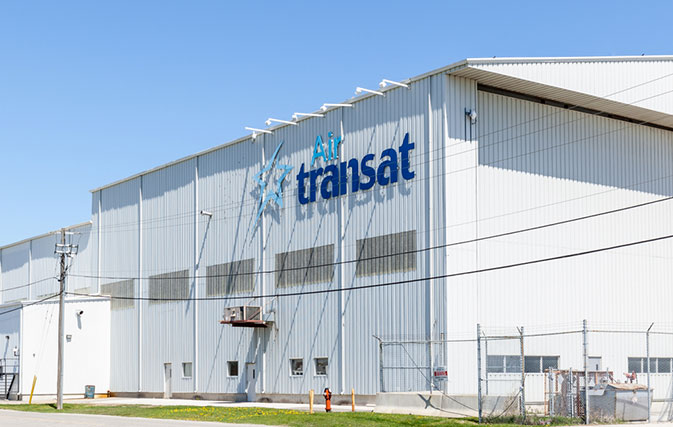TORONTO — While Air Canada’s $520 million acquisition of Transat awaits regulatory approval and the green light from shareholders, industry insiders are weighing in on the impact of the takeover.
As reported yesterday, potential snags for the deal still loom large, even though Air Canada and Transat have both signaled their intent to go through with the transaction, valued at $13 per share.
The price tag is one of the stumbling blocks, at least for some of Transat’s major shareholders, who say the price is too low.
Canada’s Competition Bureau will also need to green light the deal. Air Canada and Transat’s combined slice of the transatlantic market out of Canada is about 60%.
That said, “there are huge synergies and efficiencies that can be realized from the merger for both companies,” says Zeina Gedeon, CEO, TPI – Travel Professionals International.
Gedeon says she has been fielding calls about the acquisition since Air Canada and Transat announced they were in negotiations. “We have enough competition on the leisure route and the European routes that there should be no impact. We keep thinking inwards about us but we are forgetting the positive impact this would have on brining more tourism from Europe to Canada, more spending in Canada, more jobs in Canada. This is positive for everyone.”
Christine James, CTM, Vice President Canada, TL Network Canada agreed that competition is strong particularly on sun routes. “It’s too early to predict what the impact will be on the industry overall. However there’s still healthy competition and lift to the sun destinations so I don’t see a negative fallout in that regard. From a TL Network perspective, we don’t have a partnership with Transat but we have a strong relationship with Air Canada Vacations so I believe there’s a potential upside for our Member agencies.”
Joel Ostrov, President – Canada East Region – Direct Travel, says he “totally supports this transaction”. Ostrov, based in Montreal, has a long history in the travel industry, starting his industry career at 22 years of age right out of university, and grew his first agency, Partners In Travel, into a Montreal success story. He followed up in April 2000 with the creation of Vision 2000 Travel, now Vision Travel, and then merging with Direct Travel in 2017.
Brian Robertson, President, Vision Travel Solutions, a Direct Travel Company, works in tandem with Ostrov to head up the company in Canada.
Says Ostrov: “I have seen so many airlines come and go in Canada, from Nationair, to Jetsgo, to Wardair to Canada 3000 to Intair, to Roots Air, to Royal Airlines and many many others. The population in this country is simply not large enough to sustain the new entrants that have come and gone in my 42 years in the industry.”
Ostrov adds: “Air Transat, and Transat the corporation (including all divisions) has certainly been one of the longest-lasting of these niche carriers, but now finds itself in a money-losing position which as we all know is not sustainable. Joining forces here in Montreal with another Quebec-based carrier like Air Canada, will ensure most if not all of the jobs will be protected.
“Yes, we lose one more competitor in our market, but with so many foreign carriers serving the Canadian market, there is adequate if not abundant competition to keep Air Canada in check and not be able to gouge the consumers.”
The fact that Air Canada’s acquisition of Transat would include retail distribution arm TDC was top of mind with many retailers.
Air Canada’s acquisition of Transat, including TDC, would give Air Canada a sizeable foothold in retail distribution. Gary Gaudry, President, Maritime Travel, says Maritime Travel is watching the potential deal with eyes wide open. “We are taking a wait and see approach to this merger. The competition in sun destinations and Europe, and the fact Air Canada will now have distribution, are both of interest to us.”

